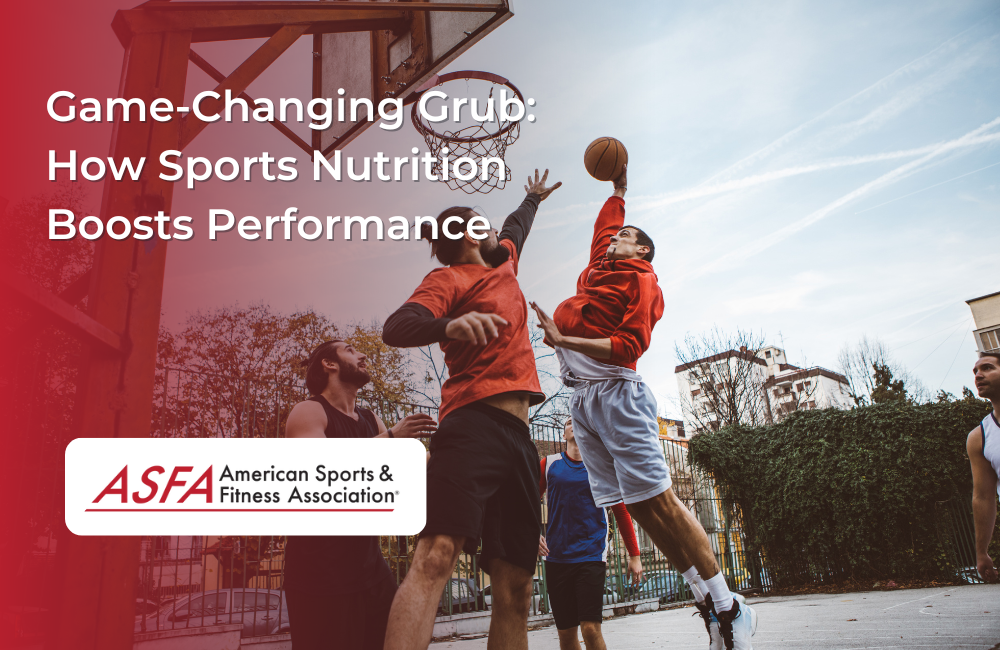A spoonful of sugar helps the carbs go down.
Carbs are the body's primary fuel source and are stored as glycogen in the muscles and liver. Glycogen is made up of long chains of glucose molecules, which can be converted to glucose for immediate energy when needed by your muscles or brain.The simplest form of carbohydrate is sugar: glucose, fructose (also called fruit sugar), and galactose (milk). When you eat high-sugar foods like candy or soda pop that contain lots of simple sugars like sucrose (table sugar), these simple sugars enter your bloodstream quickly because they don't need to be broken down first before being absorbed into the bloodstream like other types do.Protein is the building block of muscle.
Protein is the building block of muscle. It's essential for muscle repair and recovery, as well as for building new muscle. Protein also plays a role in maintaining a healthy immune system, which may help you stay healthier during exercise.Protein is an important source of energy; it provides 4 calories per gram compared to carbohydrates or fats' 3 calories per gram (1). You can overeat on protein just like any other nutrient--which means it isn't necessarily good or bad for you! Just like with any other food group or type, choose foods high in quality sources rather than lots of processed junk with added sugars and sodium.Eating before you eat can be just as important as eating after.
Why? Because your body needs to be able to absorb nutrients from the food you're going to eat in order for it to be effective, and if you're not properly hydrated or have low blood sugar levels due to not eating enough throughout the day, then your body won't be able to do that job properly. In fact, research shows that eating breakfast helps with weight loss by boosting metabolism and controlling hunger pangs later in the day--so if you skip breakfast entirely (or even just delay until lunch), then chances are good that these benefits won't happen for you either!What should I eat? Anything high in protein is good because this will keep blood sugar levels steady while also giving muscles what they need for recovery between workouts; likewise, fruits and vegetables are great sources of antioxidants which help prevent injuries caused by oxidative stress on muscle fibers during exercise sessionsEating the right fat can make you faster and stronger.
Fat is one of the three macronutrients--the others are carbohydrates and protein--that your body needs to function. It's also a key source of energy for athletes, who burn more calories than non-athletes do during training sessions.
There are several types of fat: saturated fats (which come from animal products), monounsaturated fats (found in nuts, avocados, and olive oil), and polyunsaturated fatty acids (omega-3s). You need all three types in your diet because they provide different nutrients that benefit health in different ways; however, not all sources contain equal amounts of each type.
If you're eating a healthy balanced diet with plenty of fresh fruit or vegetables then you'll probably be getting enough omega 3s already but if not try adding more oily fish like salmon into your diet at least twice per week.
If after checking out these articles still feel like something is missing then consider adding some coconut oil into smoothies as well as using olive oil instead butter when cooking - both will add valuable micronutrients without compromising taste!
The right food can boost your mood, too.
Eat foods rich in Omega-3 fatty acids to help you feel more relaxed and calm.Eat foods rich in B vitamins to help you feel more energized.Eat a healthy diet that makes you feel better about yourself--and that will make others want to be around you!Armed with the right knowledge about how to fuel up, you'll be able to play your best every time you step onto the field or court.You're a high-performing athlete. You get out there and play your best every time you step onto the field or court. The last thing you want to do is let your nutrition hold back your performance. Armed with the right knowledge about how to fuel up, though, you'll be able to play your best every time you step onto the field or court.Eat for energy
The first thing athletes should do when looking for ways to improve their game? Eat food that's high in carbohydrates and low in fat--like fruits and vegetables--to keep their bodies fueled with energy throughout practice sessions. A balanced diet will also help athletes avoid getting sick during big games by keeping them healthy overall.Keep it simple: Choose complex carbs over simple ones like sugar because they release energy slowly over time while providing other benefits like fiber (which helps maintain healthy digestion) and antioxidants (which protect against free radicals).Conclusion
Hopefully, you now have a better understanding of how to fuel up for your next game. Game-changing grub is as much about what you eat before as it is after, and it can help boost your mood and performance as well! The key is knowing what works best for your body and sticking with it. Thanks for reading!




